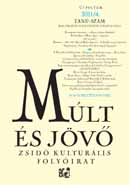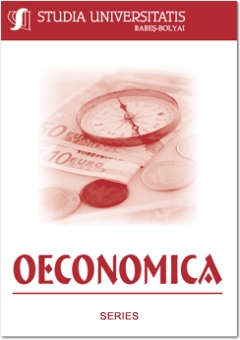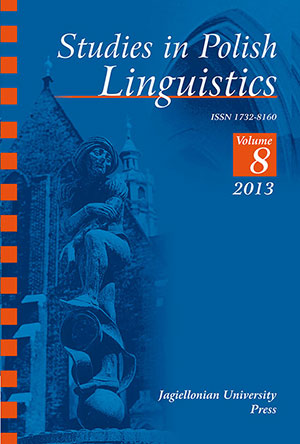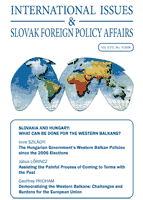
The Resurecction of Károly Pap
Pap Károly feltámadása
„Már az éjszaka volt valami jel: három órakor fel kellett kelnem, s írtam egy kis cikket a Pap Károly új novellás könyvérôl. (A könyv elragadott, s Pap Károlyt a legkülönb magyar zsidó írónak tekintem. Már régen, de ez az új könyve megerôsített ebben a hitemben. Ez egy igen nagy író, s csodálatos, mennyire nem bír érvényesülni. A fajtája nem akar nagy írót, hanem nagy hízelgôt. De meg vagyok gyôzôdve felôle, hogy ha összeköttetést tud kapni a világirodalom nagy zsidóival, akkor világszerte híres író és gazdag ember lesz belôle. A zsidóságnak a mazochista rétege fogja felfedezni.)” Ezeket a sorokat Móricz Zsigmond írta a naplójába 1936-ban. Az odavetett feljegyzés minden szava lényegbevágó. Kora és az egyetemes magyar irodalom egyik legnagyobb prózaírója egyszerre minôsítette Pap Károlyt nagy írónak és zsidó írónak – s ez nála nem esztétikai vagy szociológiai különbségtevés, hanem magától értetôdô, természetes megállapítás: a jelenség hangsúlyos néven nevezése. Hátterében az áll, hogy ô már egy másik zsidó író, Komor András Fischmann S. utódai címû regénye kapcsán írt egy szintén lelkesen befogadó cikket, amelyben kifejtette, hogy a zsidó íróknak nem a keresztény társadalomábrázolás utánzásával kellene foglalkozniuk – amelyet nem vagy csak felületesen ismernek –, hanem épp ellenkezôleg: a zsidó világot lenne tanácsos az irodalom közegébe be- és felemelniük – éppen azért, mert azt ismerik anyanyelvi szinten, hiszen az a sajátjuk. A keresztény társadalmat pedig zsidó szemszögükbôl lenne érdemes ábrázolniuk – ahogy ôk látják azt, illetve magát a viszonyt, amit a velük való együttélés jelent.
More...


